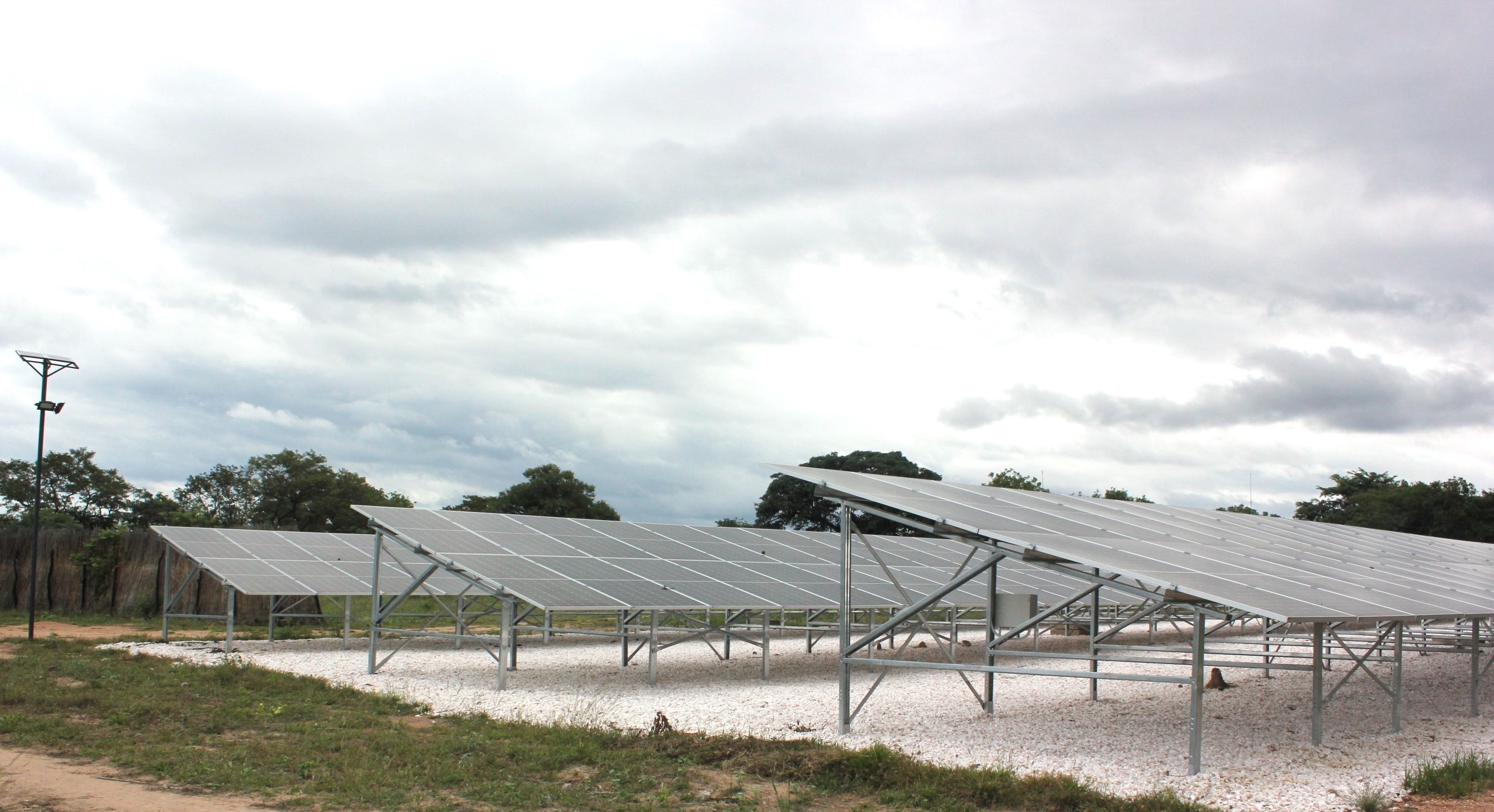Deployment of alternative renewable energy technologies like mini-grids in Low and middle income (LMICs) remains critical towards increased energy access in rural communities and the overall attainment of a just carbon transition. Establishing energy needs of communities requires a participatory approach where roles are inclusive, both environmentally and socially as well as gender sensitivity.
The Zambia Institute for Policy Analysis and Research (ZIPAR), in collaboration with University College London (UCL), National University of Lesotho (NUL), Lesotho and the Pan-Atlantic University (PAU), Nigeria, are undertaking a United Kingdom Research and Innovation (UKRI) and Global Challenges Research Fund (GCRF) funded study titled, ‘Energy Democracy: The Politics of Energy Transition in African Countries’.
The study will survey current practices associated with decentralization and local governance of energy systems, consider established good practice, and look to build routes forward with wider stakeholder communities. The study will also consider the evolution of social imaginaries linked to energy transition in African countries, from national governments down to local communities.
As such, part of the study involves understanding the experiences of the Chunga community of Central Province following the development and operationalisation of the 111 – kilowatt (peak) solar mini-grid project by the Rural Electrification Authority of Zambia in October 2023. The project involved the construction of a solar mini grid and distribution network to the community of Chunga camp as well as supporting infrastructure such as staff houses an administration block and powerhouse.
ZIPAR conducts evidence-based research, hence, focus group discussions and interviews were conducted to learn about the experiences of the inhabitants who use the electricity from the solar mini-grid. The findings will feed into similar deployment of alternative renewable energy technologies like mini-grids in Low and middle income (LMICs) which remains critical towards increased energy access in rural communities and the overall attainment of a just carbon transition.

